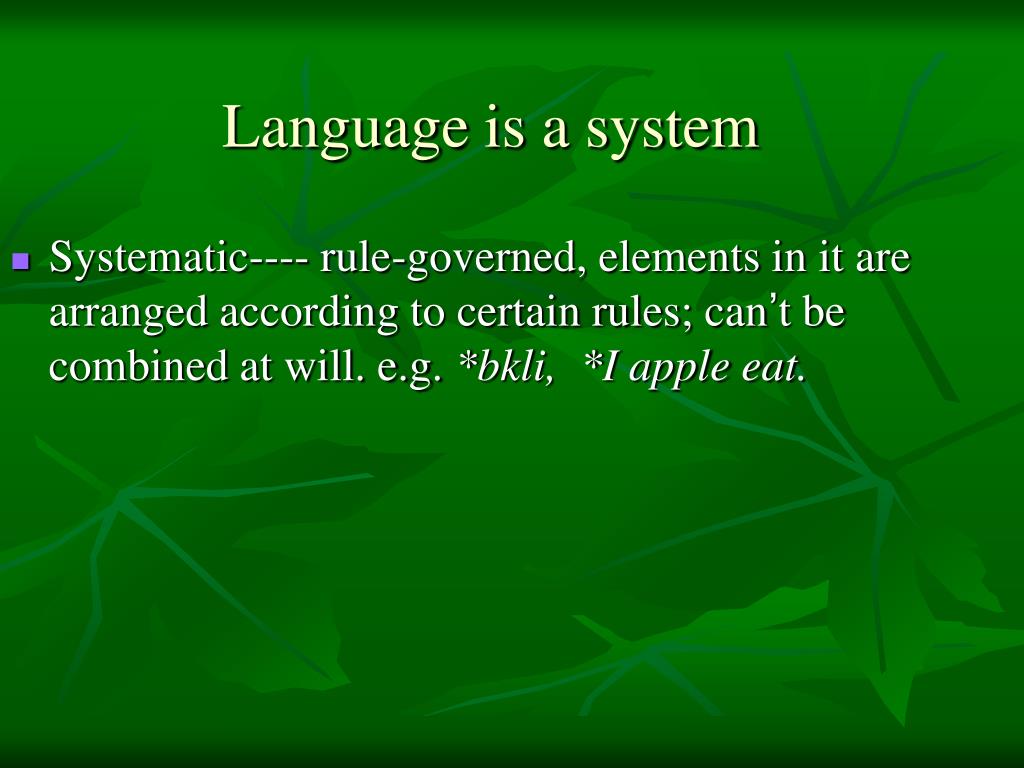
Cultural–historical approaches ĭuring the 19th century, when sociological questions remained under psychology, languages and language change were thought of as arising from human psychology and the collective unconscious mind of the community, shaped by its history, as argued by Moritz Lazarus, Heymann Steinthal and Wilhelm Wundt. Thus, language is thought of as a rational human invention.

Rationalist philosophers, excluding Jean-Jacques Rousseau, who advocated innatism, believed that people had created language in a step-by-step process to serve their psychological need to communicate with each other.

A classical rationalist approach to language stems from the philosophy Age of Enlightenment. This tradition emphasises culture, nurture, creativity and diversity. Language is primarily seen as a sociocultural phenomenon. Humanistic theories consider people as having an agentive role in the social construction of language. Same terms, for example 'rationalism', 'functionalism', 'formalism' and 'constructionism', are used with different meanings in different contexts. Like in other human and social sciences, theories in linguistics can be divided into humanistic and sociobiological approaches. Some linguistics conferences and journals are focussed on a specific theory of language, while others disseminate a variety of views. Linguists are divided into different schools of thinking, with the nature–nurture debate as the main divide. It has the goal of answering the questions "What is language?" "Why do languages have the properties they have?" or "What is the origin of language?".Įven though much of the research in linguistics is descriptive or prescriptive, there exists an underlying assumption that terminological and methodological choices reflect the researcher's opinion of language. In other words, when two systems meet-as in the case of heritage speakers-the simpler system prevails.Theory of language is a topic from philosophy of language and theoretical linguistics. We interpret these results as evidence for the pressure to simplify the grammar of scope, decreasing ambiguity when possible. Crucially, these speakers also lack inverse scope in English, their dominant language in adulthood.

Like native speakers of Mandarin, heritage Mandarin speakers lack inverse scope in Mandarin. Having demonstrated the difference between these two languages in their ability for inverse scope interpretations, we then probe the robustness of the grammar of scope by extending our experiments to English-dominant adult heritage speakers of Mandarin. We present experimental evidence to this effect, comparing native speakers of English with native speakers of Mandarin in their interpretations of doubly-quantified sentences. In Mandarin Chinese, the corresponding sentence is unambiguous, as it can only describe the single-shark scenario. English is a language with scope ambiguities in doubly-quantified sentences like A shark ate every pirate this sentence can either describe a scenario with a single shark eating all of the pirates, or a scenario with many sharks-a potentially-different one eating each pirate. Accurately recognizing and resolving ambiguity is a hallmark of linguistic ability.


 0 kommentar(er)
0 kommentar(er)
